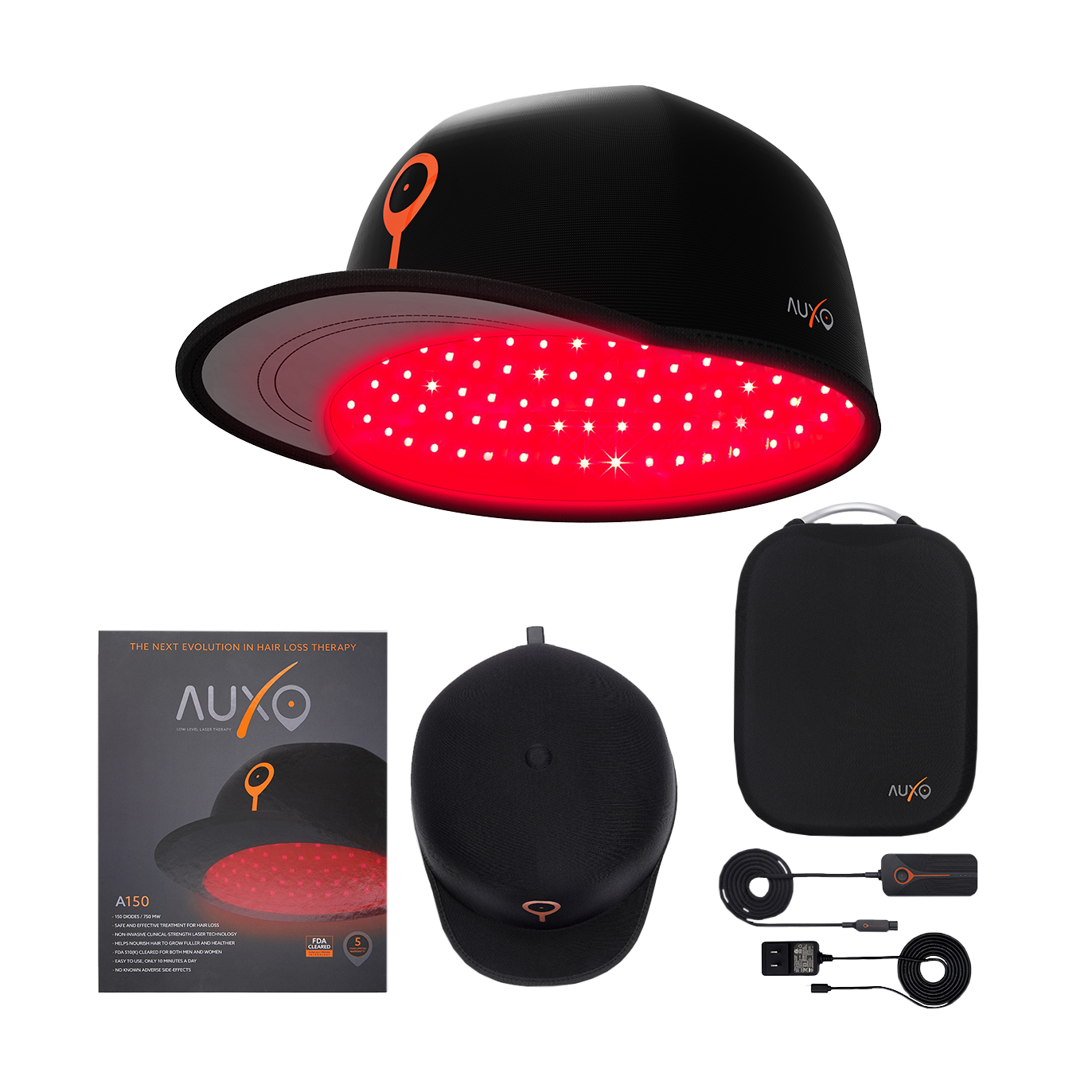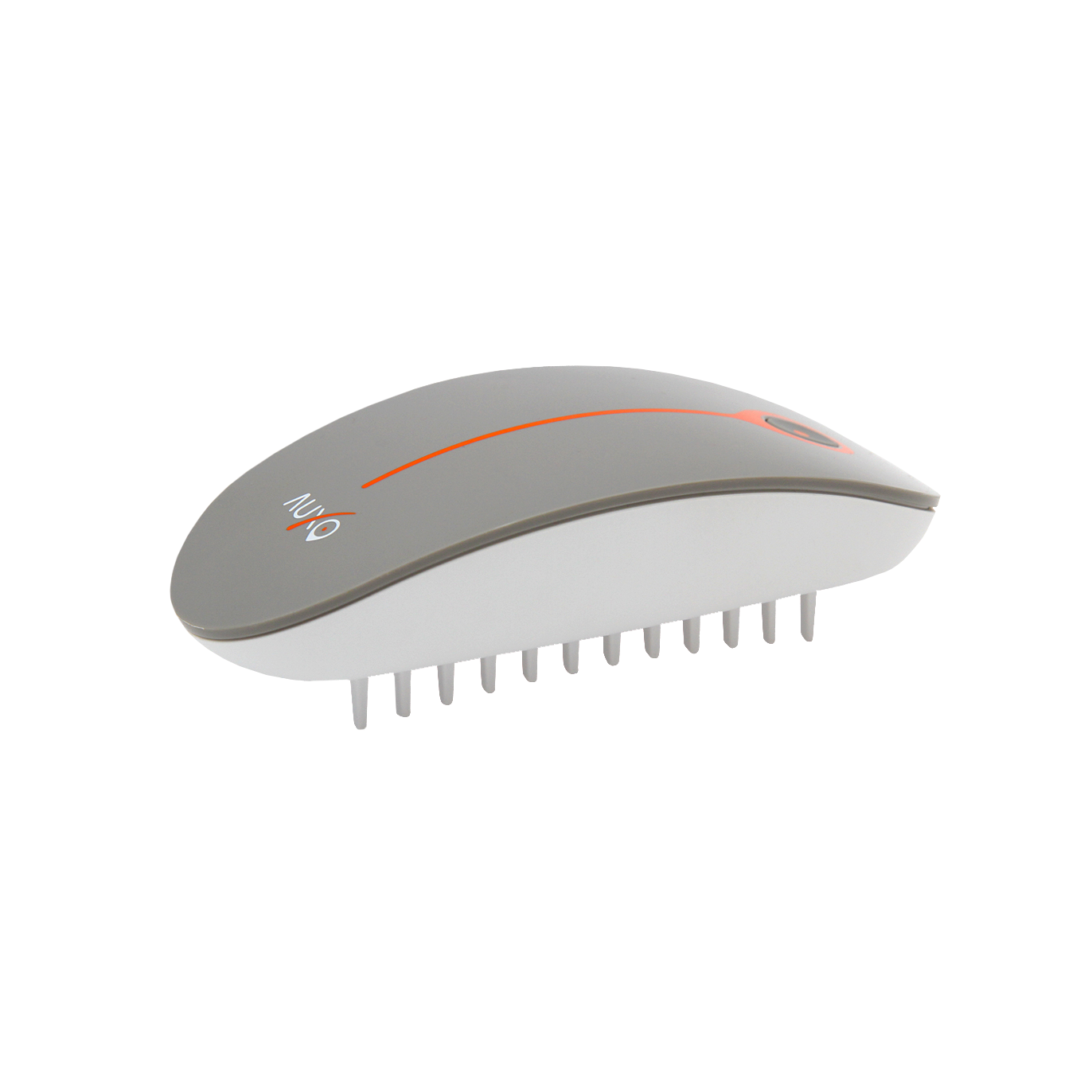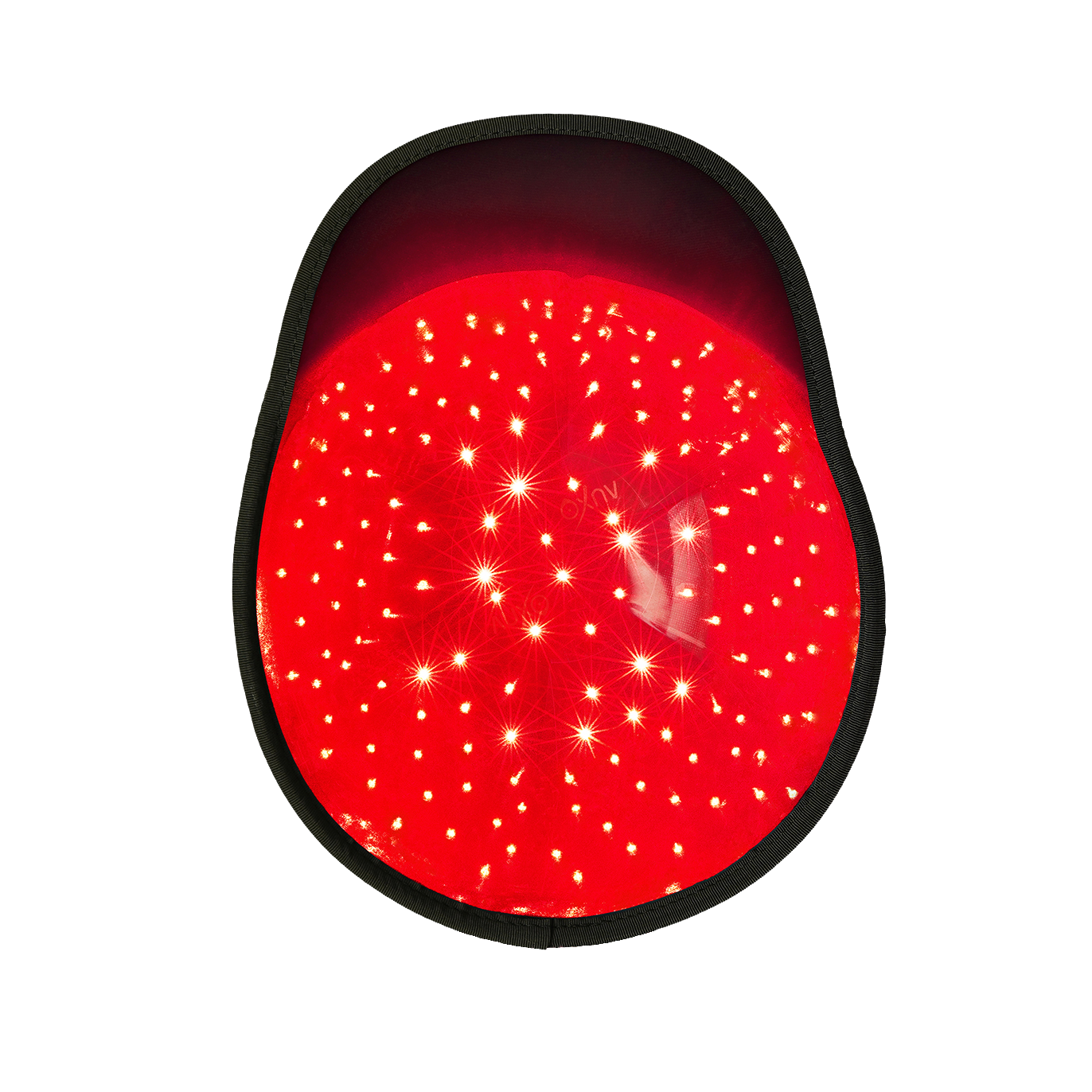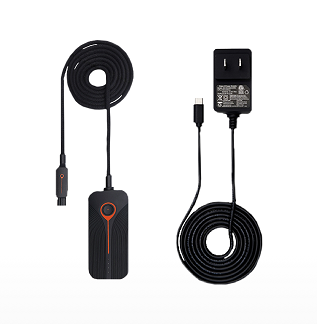Between the stifling heat, blazing rays of the sun, and damaging chlorine, it can be difficult to take good care of your hair and scalp in the summer.
The summer heat can be tough on your scalp, but there are a few things you can do to keep it healthy. Here are some scalp health tips for summer:
- Wear a hat. This is the most important thing you can do to protect your scalp from the sun. A wide-brimmed hat will help to shield your scalp from the sun's harmful UV rays.
- Wash your hair regularly. You should wash your hair at least twice a week in the summer. This will help to remove excess oil and sweat from your scalp, which can lead to itching, dandruff, and other scalp problems.
- Use a gentle shampoo. Avoid using harsh shampoos that can strip your hair of its natural oils. Look for a shampoo that is labeled as "gentle" or "for sensitive scalps."
- Condition your hair. Conditioner helps to keep your hair hydrated and prevents it from becoming dry and brittle.
- Avoid using heat-styling tools. Heat styling tools can damage your hair and make your scalp more susceptible to problems. If you must use heat styling tools, use them on a cool setting and apply a heat protectant spray to your hair first.
- Air dry. If you use a blow dryer on a regular basis, you might want to scale back a bit. Add more air drying into your hair styling routine to give your hair a break from the heat of a blow dryer.
- Get regular scalp massages. Scalp massages can help to improve blood flow to the scalp and promote hair growth. You can give yourself a scalp massage or have a friend or partner do it for you.
- Rinse your hair. After you’ve been in chlorine or salt water, make sure to rinse your hair. Even if you are not washing it with shampoo, just rinsing out the chemicals or saltwater will help.
- Eat a healthy diet. A healthy diet can help to keep your hair and scalp healthy. Make sure to eat plenty of fruits, vegetables, and whole grains.
- Get enough sleep. Sleep is essential for hair growth. Aim for 7-8 hours of sleep per night.
If you have any scalp problems, such as dandruff, itching, or hair loss, talk to your doctor or a dermatologist. They can help you determine the cause of your scalp problem and recommend the best treatment option.






